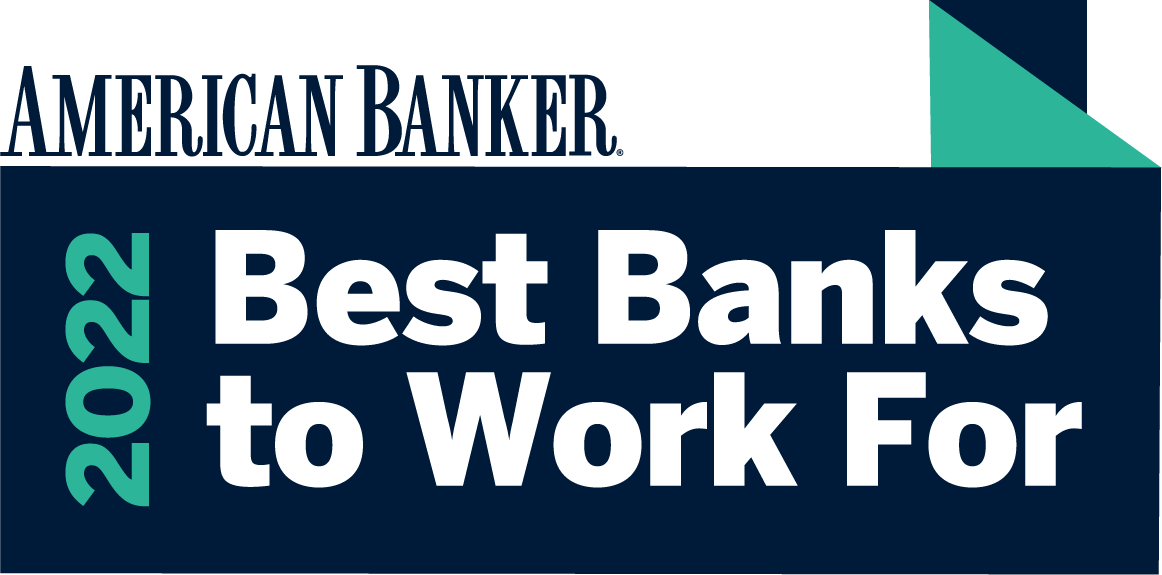If you’re running a startup, you know that managing cash flow is a key component to your success. With an efficient system in place, you can track spending, pay bills, and monitor investments. Fortunately, there are several treasury management solutions available that can make the process easier and more streamlined. Let’s explore some of the best for startups so you can find what fits you and your business's needs.
Understanding Cash Management for Startups
Simply speaking, treasury management involves tracking and controlling the flow of cash into and out of your business to ensure you have enough to meet your financial obligations and invest in growth opportunities. The goal here is to keep a close eye on your income and expenses to ensure you have a positive cash flow – meaning your income exceeds your expenses, allowing you to have cash available for paying bills, purchasing inventory, and investing in your business.
Best Practices
When it comes to treasury management for startups, certain best practices can help you set your business up for success. Here are some to consider:
- Regularly review and update your budget: Creating a budget is essential for tracking your income and expenses, but it shouldn't be a one-time thing. Make it a habit to review and update your budget on a regular basis to ensure it aligns with your current financial situation and goals. This will help you identify any areas where you can cut costs or reallocate funds.
- Implement financial controls: Establishing financial controls is vital for preventing fraud, maintaining accuracy in your financial records, and ensuring compliance. This includes regularly reconciling your bank statements, reviewing and approving expenses, and implementing clear procedures for all financial transactions.
- Leverage technology and automation: Take advantage of accounting software and digital tools to streamline your treasury management processes. Automating tasks like invoicing, bill payment, and financial reporting can save you time and reduce the risk of errors.
- Build a cash reserve: Set aside a portion of your profits as a cash reserve to help you weather any unforeseen expenses or economic downturns. Having a reserve can provide peace of mind and ensure you have enough funds to cover your obligations and continue growing your business.
Choosing the Right Accounting Software
With the right software, you can streamline your processes, automate tasks, and gain valuable insights into your cash flow. Here are some factors to consider when choosing accounting software for your startup.
- Evaluate your specific needs: Consider the size of your business, the complexity of your finances, and your future growth plans. Look for software that offers features and functionalities that align with your needs, such as invoicing, expense tracking, budgeting, and financial reporting.
- Consider the user-friendliness of the software: You want a solution that is easy to navigate and understand, even if you don't have an accounting background. Look for intuitive interfaces and clear instructions that will help you quickly get up to speed.
- Streamline integration capabilities: Look for software that can seamlessly integrate with other tools and systems you already use, such as your payment processor or CRM software. This will allow you to streamline your workflows and avoid duplicate data entry.
- Keep scalability in mind: As your startup grows, you'll want software that can accommodate your changing needs. Look for a solution that can handle increasing transaction volumes and support additional users without sacrificing performance or functionality.
- Take cost into account: Compare the pricing plans of different software providers and consider any additional costs, such as training or customer support. Remember, the least expensive option may not always be the best, so evaluate the value and ROI you can expect from each software.
Leverage Banking Solutions
In today's digital world, business banking solutions have become essential tools for startups to streamline their treasury management processes. By leveraging these solutions, small business owners can simplify their financial operations, save time, and gain better control over their cash flow. Some of the main benefits include:
Automate Financial Tasks: With features like automatic bill payments and scheduled transfers, startups can ensure that their financial obligations are met on time. This not only saves time but also reduces the risk of late payments or penalties.
Gain Convenience and Flexibility: Many banks provide online and mobile banking platforms that allow businesses to access their accounts, make transfers, and track transactions from anywhere at any time. This flexibility is particularly beneficial for startups that have remote teams or are always on the go.
Reporting Capabilities: Banking solutions often come with robust reporting capabilities. By integrating your accounting software with your bank account, you can automatically import transaction data and generate detailed financial reports. This not only helps you stay on top of your cash flow but also provides valuable insights into your business's financial health and performance.
Benefit from Robust Financial Tools: Banking solutions can also provide startups with access to additional financial tools and services. From merchant services for accepting payments to business loans or lines of credit for funding growth, banks offer a wide range of solutions that can help startups meet their financial needs.
Optimizing Your Daily Cash Flow
As a new business owner or manager, you know the importance of effectively and efficiently managing your daily cash flow and other business operations. We understand that too, which is why we offer a comprehensive suite of solutions – all with you in mind.
By implementing these best practices, you can establish a solid foundation for treasury management in your startup and position yourself for long-term financial success. Reach out to our treasury management team for more information – we’re here to help!
Related Articles:
5 Tips to Manage Your Small Business Cash Flow




